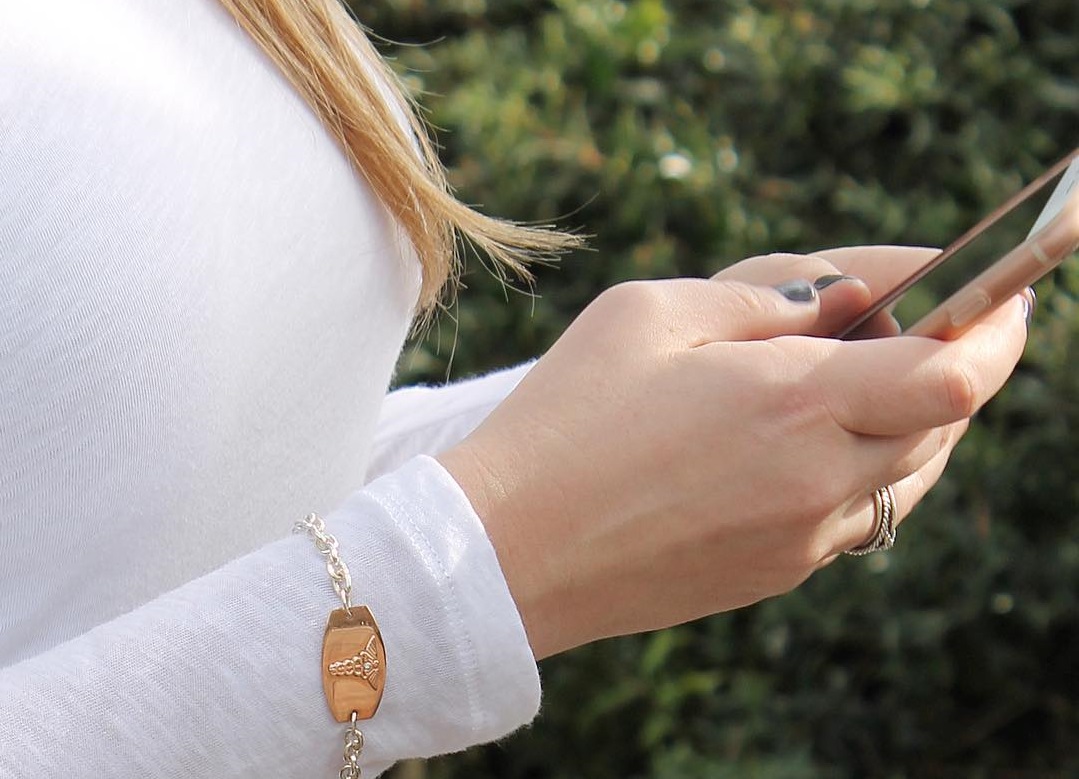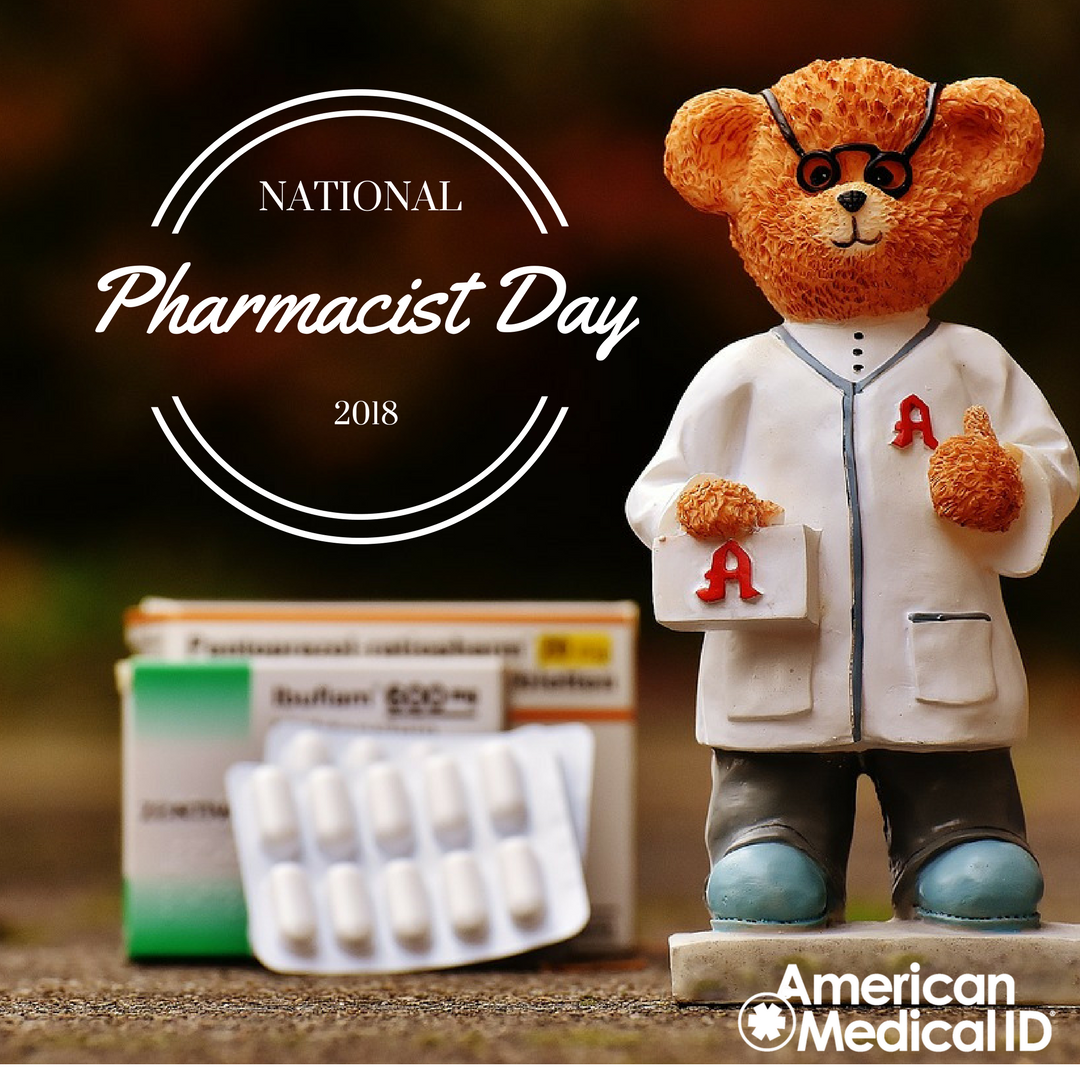There is more to vitamin D deficiency that just feeling sluggish; it can actually make your bones brittle and increase your risk of heart disease. It can also make it harder to lose weight. A study by researchers at the University of Minnesota shows a correlation between vitamin D and weight loss. The study found that people who were overweight were more successful at shedding pounds after increasing their vitamin D levels.
The study placed 38 overweight men and women on a diet program, some with more emphasis on vitamin D consumption, and found that the participants with increased D levels lost up to half a pound more than those who followed a regular diet plan. The reason for this is simple.
Vitamin D, in combination with calcium, has been shown to regulate and maintain normal blood sugar levels. A lack of either nutrients results in the body’s production of synthase, a fatty acid enzyme that turns calories into fat.
To combat this process, many physicians suggest increasing your daily vitamin D intake in a number of ways. Vitamin D is found in sunlight, some foods and in pill form.
Foods rich in vitamin D include:
- Salmon
- Mushrooms
- Tuna fish
- Eggs
- Milk
- Sardines
- Shrimp
Many meats and fruit juices are fortified with vitamin D, but few fruits and vegetables contain this necessary nutrient. That’s why many medical professionals recommend taking a daily vitamin D supplement. Before doing so, talk to your doctor about what dosage is right for you. It isn’t a cure-all pill or something that should be relied upon for weight loss. Exercise and a healthy diet are keys to weight loss, but boosting your vitamin D levels may help you reach your goals.
If you are overweight or have a medical condition, consider taking a step towards managing your health by getting a medical ID bracelet. In the event of an emergency, medical professionals are trained to look for a medical ID bracelet before administering treatment. If you suffer from diabetes, heart disease, drug allergies, food allergies, asthma, autism or other conditions, a medical ID bracelet may speak for you when you can’t.




